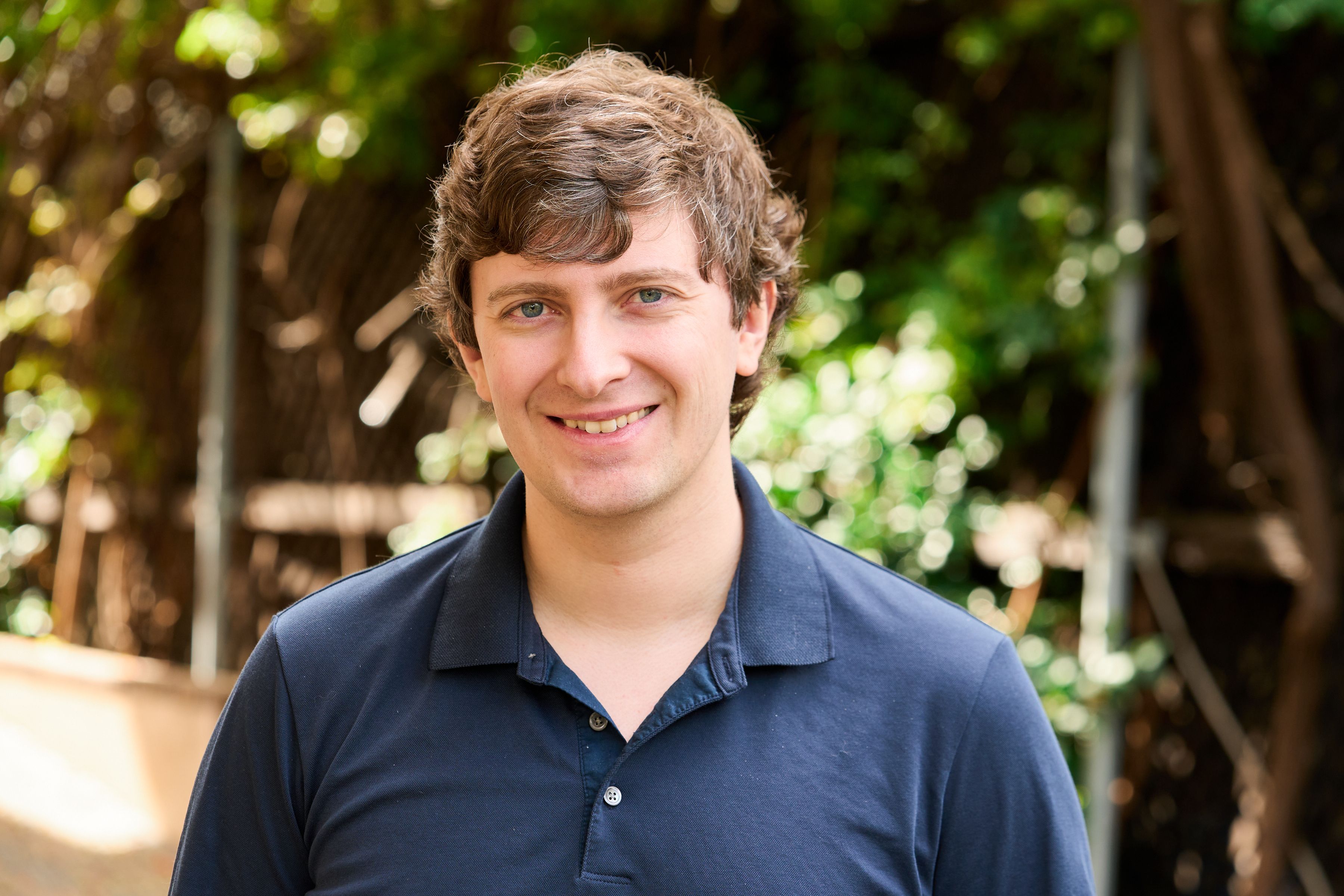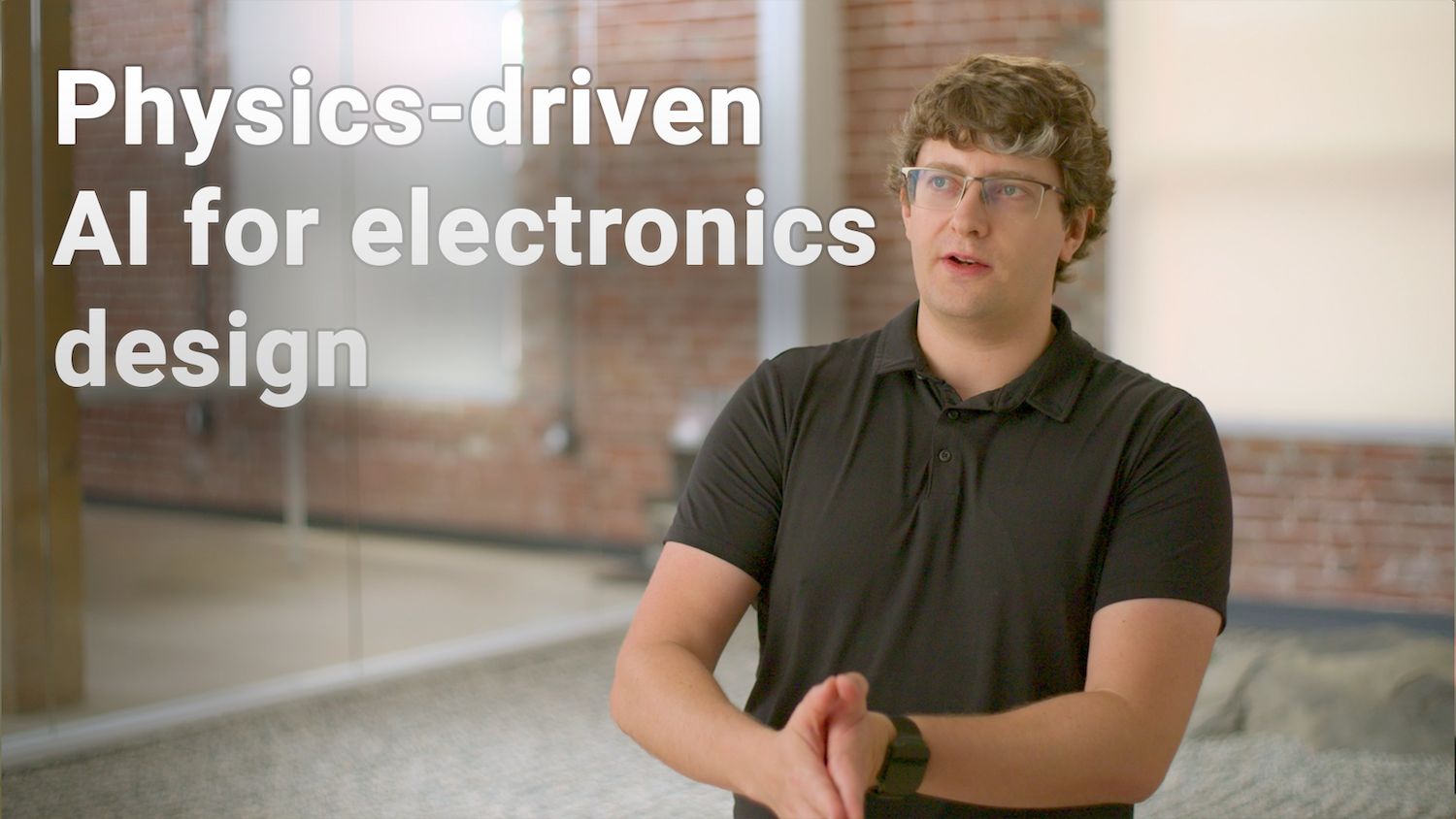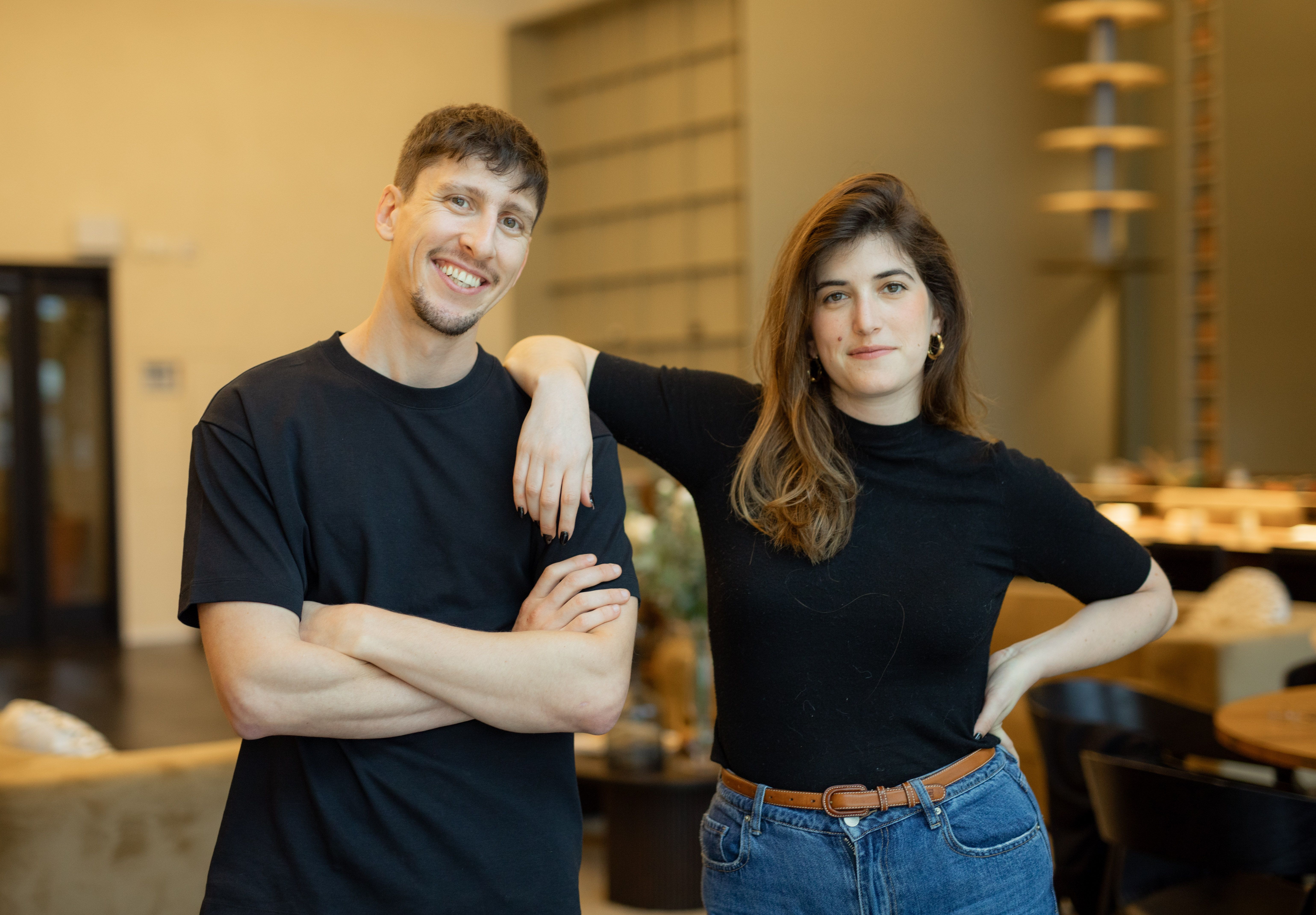A New Era for Electronics Design: Our Investment in Quilter

In 2014, Sergiy Nesterenko was an avionics intern at SpaceX. One of his first assignments was to design a printed circuit board, or PCB, the backbone of every modern electronic device. A recent UC Berkeley grad with a triple major in math, physics, and chemistry, he assumed it would be straightforward. Instead, it turned into weeks of painstaking manual work and, at one point, a board that literally caught fire in his hands. “That’s when I realized, not only is this process really slow and painful,” he told us, “it’s also extremely error-prone.”
Today, we’re in the midst of a hardware renaissance. From semiconductors and EVs to aerospace, robotics, and defense, the pace of innovation in physical products has never been faster. Every new car, drone, satellite, and smartphone needs PCBs that are smaller, denser, and more reliable with each generation. As the race to innovate gets more competitive, the ability to design, test, and ship new hardware quickly is mission-critical.
And yet, as Sergiy saw firsthand, PCB layout remains one of the biggest bottlenecks in electronics design. While semiconductors have advanced by orders of magnitude, PCB design has barely changed in decades. More than 90% of layout work is still done manually using tools that haven’t meaningfully improved since the 1980s. Engineers spend weeks dragging and dropping copper traces, checking designs against manufacturing rules, and waiting for reviews and revisions. Instead of fueling creativity, PCB design has become a drain on talent and a drag on innovation, even at the world’s most forward-thinking companies.
That’s the problem Sergiy set out to solve with Quilter. The company has built the first fully autonomous, physics-driven PCB layout engine—a system that takes a schematic as input and, in minutes rather than weeks or months, produces fabrication-ready designs. This isn’t an AI wrapper with a nice UI; the team is building proprietary technology from first principles, applying cutting edge techniques of reinforcement learning. Inspired by AlphaGo and grounded in physics rather than human heuristics, Quilter can discover design solutions no engineer would ever think to try.
The opportunity is enormous. Tens of billions of PCBs are manufactured each year, while companies spend an estimated $40 billion annually on layout labor—work that’s ripe for automation. Meanwhile, boards are getting denser, timelines are tighter, and the talent pool of specialized engineers can’t keep up. By turning PCB design from a bottleneck into an on-demand resource, Quilter has a chance to redefine how hardware is built. Already, Fortune 500 aerospace, defense, and consumer electronics companies are adopting Quilter, transforming how their engineering teams design, test, and validate hardware.

When we talk about founder-market fit, Sergiy is a textbook example. A Ukrainian immigrant who developed an early passion for robotics, he experienced the pain of PCB layout firsthand at SpaceX. His background in math and physics gave him the foundation to solve it from first principles, while his work on the Falcon 9 and Falcon Heavy shaped his entrepreneurial spirit, discipline, and drive. He has an uncanny ability to take something as complex as computational geometry and reinforcement learning, strip it down to its essentials, and explain why solving it matters not just for engineers but for entire industries.
At Quilter, Sergiy has applied that same rigor to building a world-class team. He’s recruited specialists from Waymo, Lockheed Martin, and Google, each drawn by the chance to work on one of the most complex problems in electronics. He sets a high bar, is hands-on in hiring, and looks for people who combine technical excellence with a bias for action. The result is a group of about two dozen engineers and operators who move quickly, hold themselves accountable, and share a clear sense of mission.
At Index, we look for founders tackling challenging problems with clarity, ambition, and the ability to attract top talent. Sergiy embodies all of that. I’m thrilled to be leading Quilter’s $25.5 million Series B and joining the board to work with Sergiy and his team as they deliver a step-change in hardware design and build the platform for the future of electronics innovation.
Published — Oct. 7, 2025
-

-

